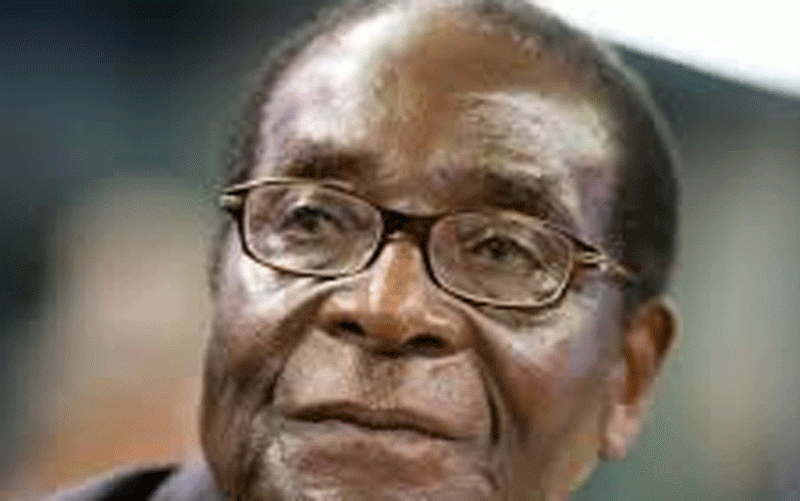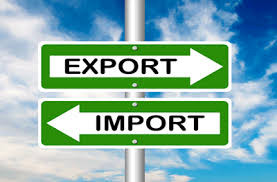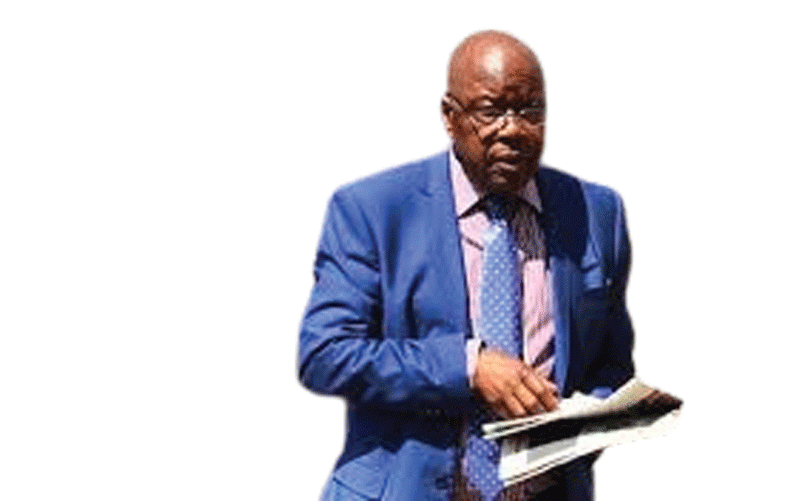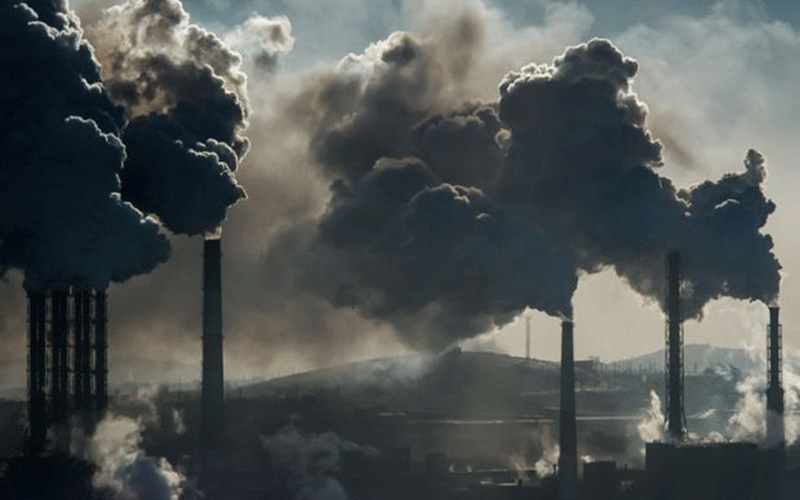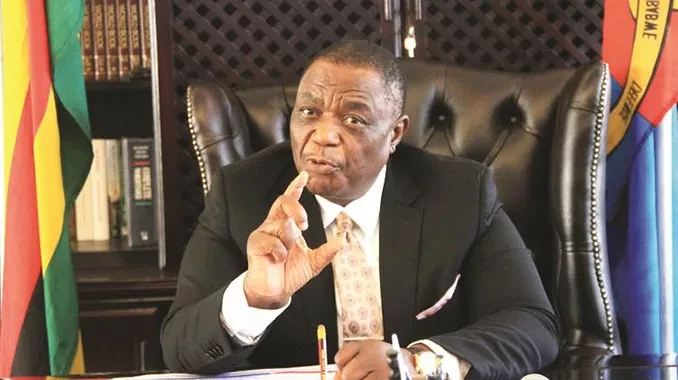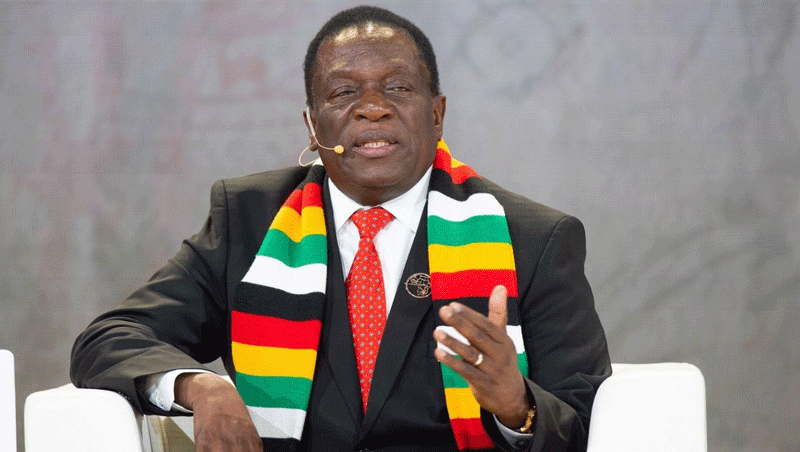
Zimbabwe, a nation once brimming with promise, now finds itself shackled by a dire human rights situation.
The government's iron fist silences dissent, leaving behind a trail of shattered lives and a climate of fear.
This article delves into the stark statistics that paint a grim picture of Zimbabwe's reality, highlighting the ongoing struggle for basic freedoms.
Silencing dissent: A chilling orchestra of repression
Freedom of expression serves as the lifeblood of any democracy, yet in Zimbabwe, it's a strangled melody.
Legislation like the Public Order and Security Act (Posa) functions as a conductor, orchestrating the silencing of dissent.
Peaceful protests morph into scenes of chaos as security forces unleash excessive force.
The Zimbabwe Human Rights NGO Forum documented a staggering 782 arrests in 2023 linked to protests and activism, painting a grim picture of an environment where raising one's voice comes at a heavy price
- CCC urged to push for dialogue over reforms
- A peep into Matenganyika’s artistic closets
- The Bioskop Short Film Competition is back
- Mangwe farmers benefit from agric projects
Keep Reading
Case in point: The muzzling of student activism
In 2023, student activists at the University of Zimbabwe who dared to organise peaceful protests against rising tuition fees faced the brunt of the government's crackdown.
Over 50 students were arrested, with many facing expulsion and trumped-up charges.
This case exemplifies the systematic suppression of dissent, particularly among the youth, who represent a vibrant voice for change.
Beyond the headlines: The crushing grip of poverty
Human rights extend far beyond physical security. The economic crisis in Zimbabwe has plunged millions into a suffocating void of poverty.
The World Bank estimates that over 60% of the population now lives below the national poverty line.
This translates to a staggering eight million Zimbabweans struggling to meet their basic needs for food, shelter, and healthcare.
These statistics expose the harsh reality of daily life for the majority under the current regime.
The situation is further complicated by the government's crackdown on civil society organisations, many of which have played a crucial role in providing essential services and advocating for the rights of the most vulnerable.
It is clear that the Mnangagwa regime is determined to maintain its grip on power, even if it means trampling on the fundamental rights and freedoms of its citizens.
The international community has not been idle, with the United States, the European Union, and other nations imposing targeted sanctions on Zimbabwean officials responsible for human rights abuses.
However, more needs to be done to hold the government accountable and to support the brave Zimbabweans who continue to fight for their rights.
In the face of such overwhelming adversity, the resilience and determination of the Zimbabwean people shines through.
A broken justice system: A breeding ground for impunity
A fair and impartial justice system is the bedrock of any functioning democracy.
However, in Zimbabwe, the system appears to be a tool for stifling dissent rather than upholding justice.
Human rights defenders, journalists, and opposition figures are routinely targeted with arbitrary arrests, lengthy pre-trial detentions, and politically motivated charges.
A 2023 report by the Zimbabwe Lawyers for Human Rights (ZLHR) documented over 150 cases of politically motivated arrests in the first quarter alone.
This alarming statistic exposes the lack of accountability for perpetrators of human rights abuses, fostering a culture of impunity.
The rise of the Mthwakazi Movement: A Call for Recognition
The emergence of the Mthwakazi Movement, advocating for the self-determination of the Ndebele people, demonstrates the yearning for greater inclusion and representation within Zimbabwe.
While their methods may be contested, their existence underscores the need to address historical grievances and foster a more inclusive national dialogue.
The road to recovery: Breaking the chains
The international community cannot remain silent in the face of Zimbabwe's human rights crisis.
Targeted sanctions, coupled with diplomatic pressure, can be effective tools in prompting the government to initiate genuine reform.
However, such measures must be carefully crafted to minimise the impact on ordinary citizens.
The onus also lies with the Zimbabwean people. Despite the risks, raising their voices through peaceful protests, social media activism, and supporting independent media can pave the way for a more just society.
Civil society organisations and human rights defenders play a critical role in documenting abuses and amplifying calls for change.
Zimbabwe has the potential to be a nation where its citizens can thrive.
However, this vision can only be realised by dismantling the chains of human rights abuses.
The fight for a free and democratic Zimbabwe continues, and the international community, as well as the Zimbabwean people themselves, must play a crucial role in achieving this goal.
The path to a truly free and democratic Zimbabwe may be long and arduous, but it is a journey that must be taken.
The international community must stand in solidarity with the people of Zimbabwe and use all available means to pressure the Mnangagwa regime to respect the human rights and fundamental freedoms of its citizens.
Only then can Zimbabwe break the chains of oppression and realize its full potential as a beacon of hope and prosperity in Africa.
*Gary Gerald Mtombeni is a journalist based in Harare. He writes here in his personal capacity. For feedback Email garymtombeni@gmail.com/ call — +263778861608

